A smart card is essentially a small, portable computer embedded within a card, typically the size of a credit card. Here is an overview of their nature and operational mechanisms:
- A smart card is a plastic card containing a small integrated circuit chip.
- This chip allows the card to store and process data, making it more secure than magnetic stripe cards.
- Smart cards can be used for a variety of applications, including payment, access control, and storing personal information.
Core Components and Functionality:
- Embedded Integrated Circuit (IC) Chip:
- This chip is the “brain” of the smart card. It can be a secure microcontroller or a memory chip.
- Microcontroller chips can process data, while memory chips primarily store data.
- Memory:
- Smart cards have memory to store information, which can range from personal data to application-specific data.
- Communication:
- Smart cards communicate with readers through:
- Contact: A pattern of metal contacts that physically connect to a reader.
- Contactless: Using radio-frequency identification (RFID) technology, allowing for wireless communication.
- Smart cards communicate with readers through:
Key Characteristics and Advantages:
- Enhanced Security:
- Smart cards offer strong security features, including encryption and tamper resistance.
- They are much more secure than traditional magnetic stripe cards.
- Data Storage and Processing:
- They can store and process data, enabling complex operations.
- This allows for diverse applications and increased functionality.
- Portability:
- Their compact size makes them easy to carry.
- Multi-Application Capability:
- A single smart card can support multiple applications, such as payment, identification, and access control.
Common Applications:
- Financial Transactions:
- EMV chip cards for secure credit and debit card payments.
- Identification:
- National ID cards, driver’s licenses, and passports.
- Access Control:
- Secure entry to buildings and restricted areas.
- Telecommunications:
- SIM cards in mobile phones.
- Public Transportation:
- Contactless fare payment systems.
- Healthcare:
- Storing patient medical records.
Smart cards provide a secure and versatile platform for storing and processing data, making them essential in various industries and applications.
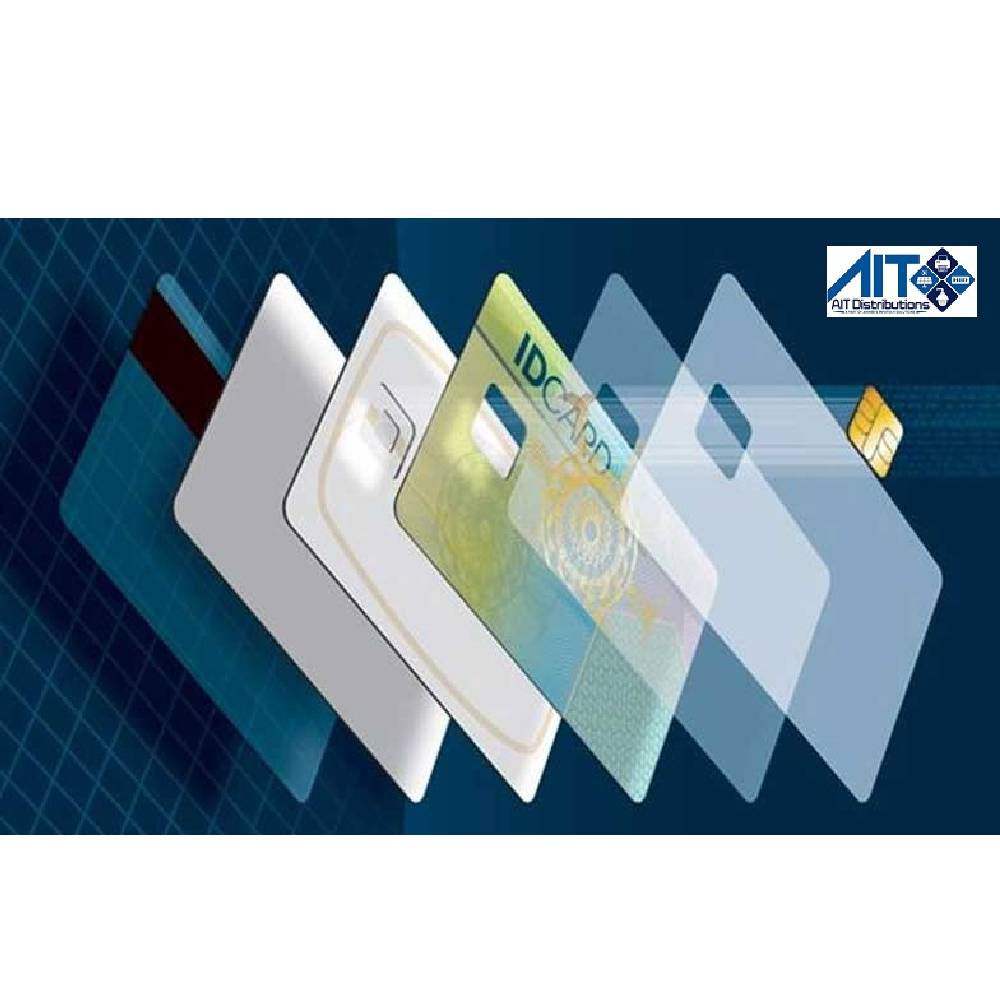
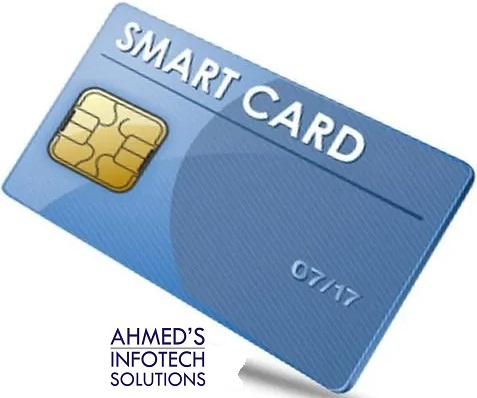

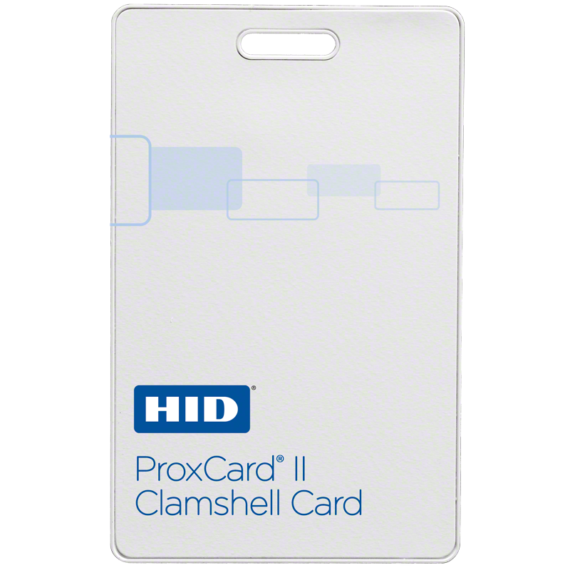
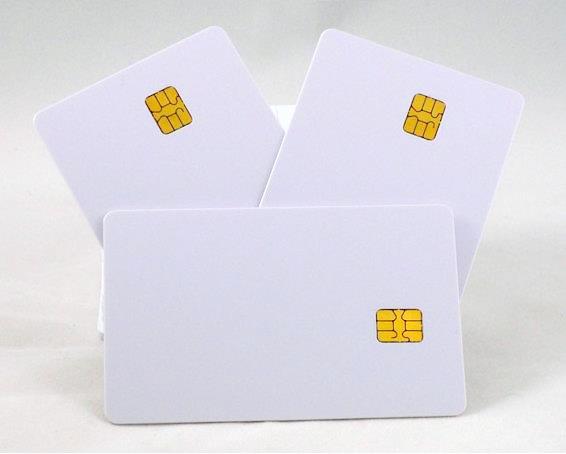
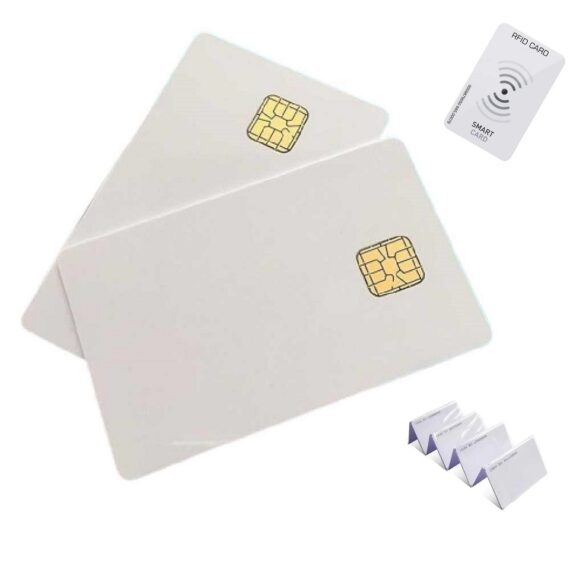
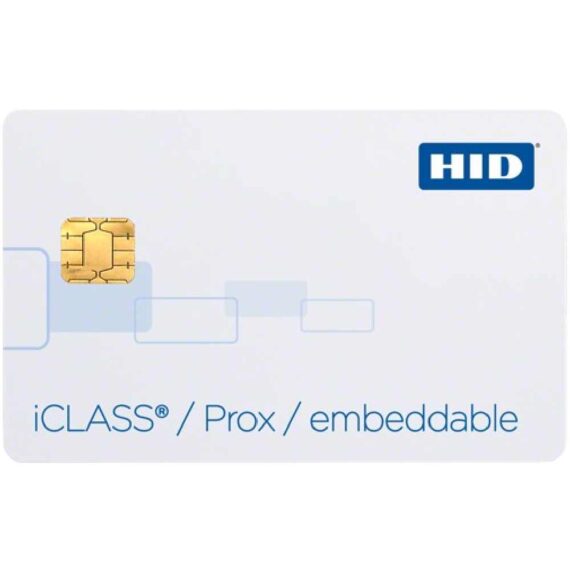
Reviews
There are no reviews yet.